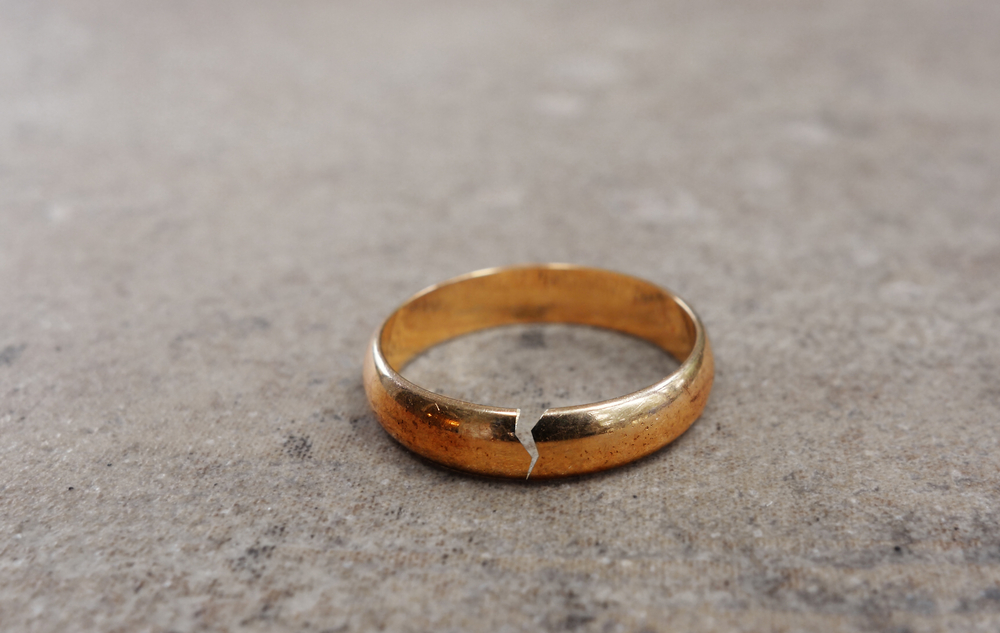How Bankruptcy Affects a Divorce
Marriages end for all kinds of reasons. It’s not always the fault of either spouse. Sometimes a marriage comes to end because the married couple is tired of dealing with stress over money. Similarly, sometimes bankruptcy is necessitated by a divorce because the spouses will no longer have enough financial resources to cover their debts […]

Marriages end for all kinds of reasons. It’s not always the fault of either spouse. Sometimes a marriage comes to end because the married couple is tired of dealing with stress over money. Similarly, sometimes bankruptcy is necessitated by a divorce because the spouses will no longer have enough financial resources to cover their debts individually. The reality is that divorce and bankruptcy often go hand in hand because they can both provide solutions to complicated financial problems.
Although it is quite common for a person to file for divorce and bankruptcy at the same time, your divorce could become very complicated when it also involves a petition for bankruptcy. For instance, a bankruptcy court could put a freeze on your assets until the bankruptcy has been discharged. This might make it difficult for a family court to finalize your divorce because division of assets and other marital property can’t happen until the petition for bankruptcy has been resolved. What this means is that the bankruptcy will likely take precedence over the divorce.
In addition to affecting the division of marital property, bankruptcy also has the potential to impact child support and spousal support in a divorce case. Keep in mind, however, that a child support order or an alimony order cannot be legally discharged through bankruptcy. So your spouse will not be able to avoid these obligations by filing for bankruptcy. That’s because child support and alimony are treated differently than other debts and are not part of the “automatic stay” that is typically placed on debts incurred prior to bankruptcy. The classification of these specific kinds of debts, or support obligations, as non-dischargeable comes directly from Section 523(a)(5) of the U.S. Bankruptcy Code.
Should You File for Bankruptcy Before or After Divorce?
The timing of your divorce matters – and so does the timing of your bankruptcy. When one or both partners in a marriage file for divorce and bankruptcy at the same time, there are a number of legal issues that could arise. For example, a married couple that jointly seeks to declare Chapter 7 bankruptcy may have a difficult time doing so if one spouse has a high income or significant personal assets. In these types of cases, the couple may be better off waiting for the divorce to be finalized before filing for divorce. Conversely, a married couple may wish to file for bankruptcy prior to getting divorced if both spouses have significant debts.
You should also understand that certain types of bankruptcy take a very long time to complete, which could impact your divorce proceedings. For instance, filing for Chapter 13 bankruptcy often takes a lot longer than filing for Chapter 7 bankruptcy because Chapter 7 is a much simpler liquidation of assets and discharging of debts.
Before you make any final decisions about how, and when, to proceed with your divorce and/or bankruptcy, you need to speak with a qualified family law attorney who can help you explore all your available legal options and protect your financial interests.
If you are thinking about filing for divorce in Camden County or anywhere else in New Jersey, you need to speak with a qualified family law and divorce lawyer immediately. The experienced divorce attorneys at Davis & Mendelson will help you throughout the divorce process. Contact us now to schedule a free consultation.
